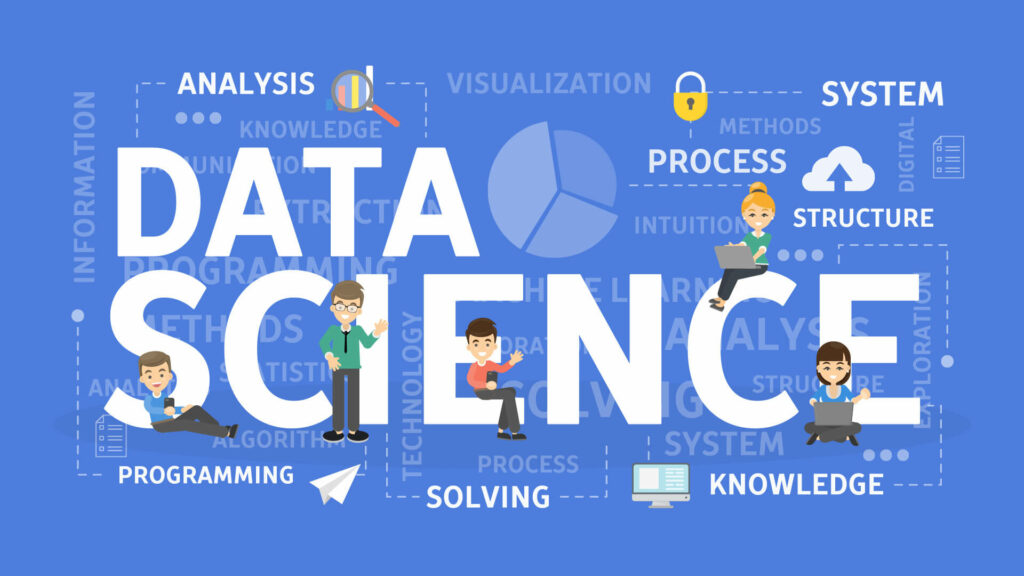
Have you ever found yourself standing at the counter of a fast-food restaurant, unsure about what to order? That could become an issue in days past due to advances in AI technology that allow many Food and Beverage Companies to prepare something special just for us – like waiting at the front door with special treats prepared just for us.
Nowadays, one can hear a great deal about Artificial Intelligence, as there is no shortage of positive testimonials in this field. Most importantly, the advancements Artificial Intelligence has produced and will likely bring are worthy of praise, with no limit to their potential success or benefits. As these systems advance at an incredible rate, AI is increasingly testing human knowledge for potential applications.
This technology promises a world of possibilities, and industry professionals from around the globe are working to implement its use in various sectors. While it has the potential to cure human miseries and provide an easier life – from medicine to the food we consume – its application has been encouraged by numerous industries.
Let us examine how artificial intelligence can be utilized in the food industry to address some of their challenges.
The Expansion of Artificial Intelligence in the Food Sector
Many restaurants have already implemented automation, Artificial Intelligence, and machine learning with enhancements like CHATBOTS Development to guide customers through selections and support orders; it’s even being utilized in the Beer Brewing Industry. But with this next surge in food program automation, things will go even further.
Different business verticals have already begun utilizing Artificial Intelligence; the food industry is no exception. This field can benefit from several factors that go into producing food items successfully, while AI is also creating several smart mobile apps.
Recently, IBM unveiled their collaboration with McCormick -a seasonings manufacturer -to diagnose flavor territories faster and enhance efficiency through AI learning and prediction of new combinations of distinct flavors. In such a room, millions of data points can be utilized.
It is no secret that developing food products or services takes time. With Artificial Intelligence, however, you can leverage vast datasets of specific agricultural information more quickly and efficiently. Machine learning can also be applied to flavor and nutrition to create delicious foods. As aromas and tastes are recorded, new opportunities could arise for customized food products and improvements in diet or flavor profiles.
Furthermore, these systems could contribute to meeting the growing global food demand. There is a seemingly limitless potential here, and it could ultimately contribute to eliminating hunger from our lives.
This technology could also assist in studying growing, manufacturing, intake data, and circulation. Furthermore, it generates insightful predictions and tips for industry stakeholders. AI and machine learning have the potential to be applied in a range of market elements that could enhance food supply stability.
Benefits of Utilizing AI in the Food Industry
The food industry is seeing an explosion of AI companies. Although there are numerous advantages to employing artificial intelligence in this sector, some significant issues also need to be addressed before it can become widespread.
Enhancing the Production Process
AI has the potential to revolutionize food production by eliminating human error, raising safety standards, automating tasks, and improving product quality. For instance, Artificial intelligence can reduce contamination during processing, leading to safer foods. Furthermore, AI improves accuracy during food processing, resulting in better products. AI is an ideal solution for the food industry since it enhances all operational practices, including transportation and service quality assurance.
AI also has the potential to boost food security and reduce environmental damage. For instance, it can improve crop yield and nutrition. With AI’s help, we can ensure everyone can access safe, nutritious, affordable food sources. AI is an ideal solution for the food industry, as it enhances all operational practices – from food transportation to service quality assurance.
Reduced Costs for Restaurant Businesses
AI can assist the food industry with cost-reduction initiatives in various ways.
Artificial intelligence can assist companies in anticipating trends and creating successful products. AI systems utilize continuous feedback loops to hone their problem-solving abilities. This implies they can learn and adjust according to changing environments, becoming increasingly efficient over time.
AI can automate tasks that human workers, such as quality control and food safety inspection, usually handle. Finally, AI helps improve the accuracy of food labeling and packaging by automating these processes. Companies benefit by saving both time and money through this efficient automation.
Enhancing the Safety and Quality of Food Products
Artificial intelligence has revolutionized food product safety and quality by ensuring they are manufactured accurately. Machines equipped with AI can scan, inspect, and monitor for any errors in a product; eliminating human errors while increasing standards leads to improved overall food safety. Moreover, AI helps identify potential food safety hazards before they cause harm by providing predictive maintenance solutions which help manufacturers prevent machinery issues before they arise. Finally, AI-powered vision quality inspection systems automate the entire defect detection process.
Finally, AI can optimize food production processes to reduce waste and boost efficiency. AI platforms can identify food based on color, shape, and biological characteristics – leading to more efficient sorting that improves food quality and safety.
Reduce Food Waste
Food waste is a major issue in the food industry, costing companies billions of dollars each year. AI can help combat this by identifying and solving problems early: supermarkets can scan produce that’s still edible so they don’t have to throw it away. Retailers and restaurants with limited resources can use AI to evaluate the quality of their meals and determine whether more or less is needed, saving them money.
Symphony RetailAI, for instance, utilizes AI to increase efficiency within the food supply chain and reduce food waste by transparently pricing products and dispatching them optimally. This saves companies money while decreasing food waste produced.
Improvement of Customer Experience
Artificial intelligence can enhance the customer experience in the food industry by optimizing service and managing employee schedules. AI can understand customer trends and anticipate future needs, freeing up employees to focus on more important tasks. As a result, customers will receive better service and have a more enjoyable overall experience.
Technology can enhance customer experiences by personalizing them for different customers. AI can be employed here through either predictive or prescriptive mechanisms: predicts customer behavior based on data and then customizes interactions accordingly. At the same time, prescriptive AI makes recommendations based on past behavior.
Conclusion
AI and machine learning (ML) have revolutionized the food industry by reducing human errors and raising safety standards. Furthermore, AI improves food processing accuracy, reduces waste production, and leads to superior product quality.
AI is the ideal solution for the food industry, as it enhances all operational practices – from food transportation to quality of service. This creates a win-win situation for both customers and the industry, and we anticipate even further advancements from AI shortly.
